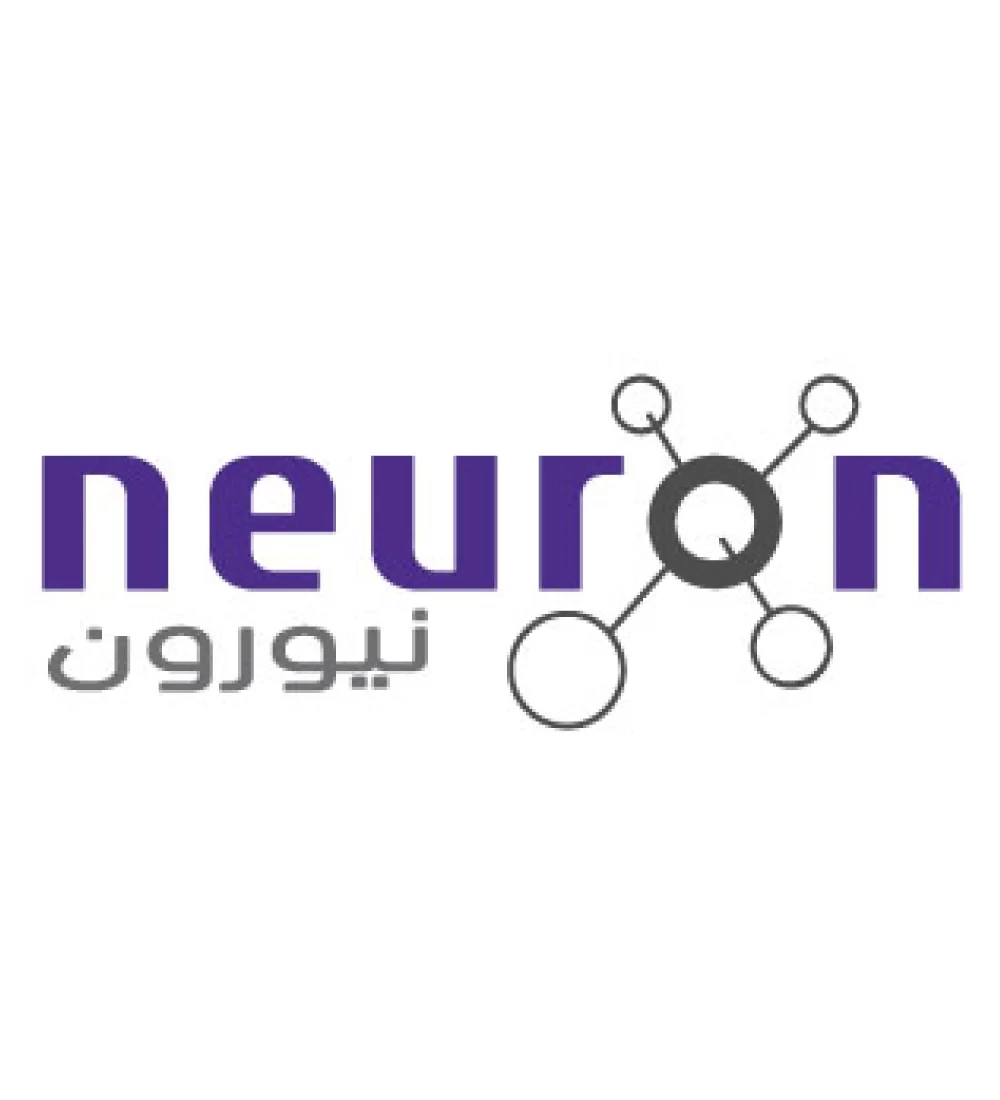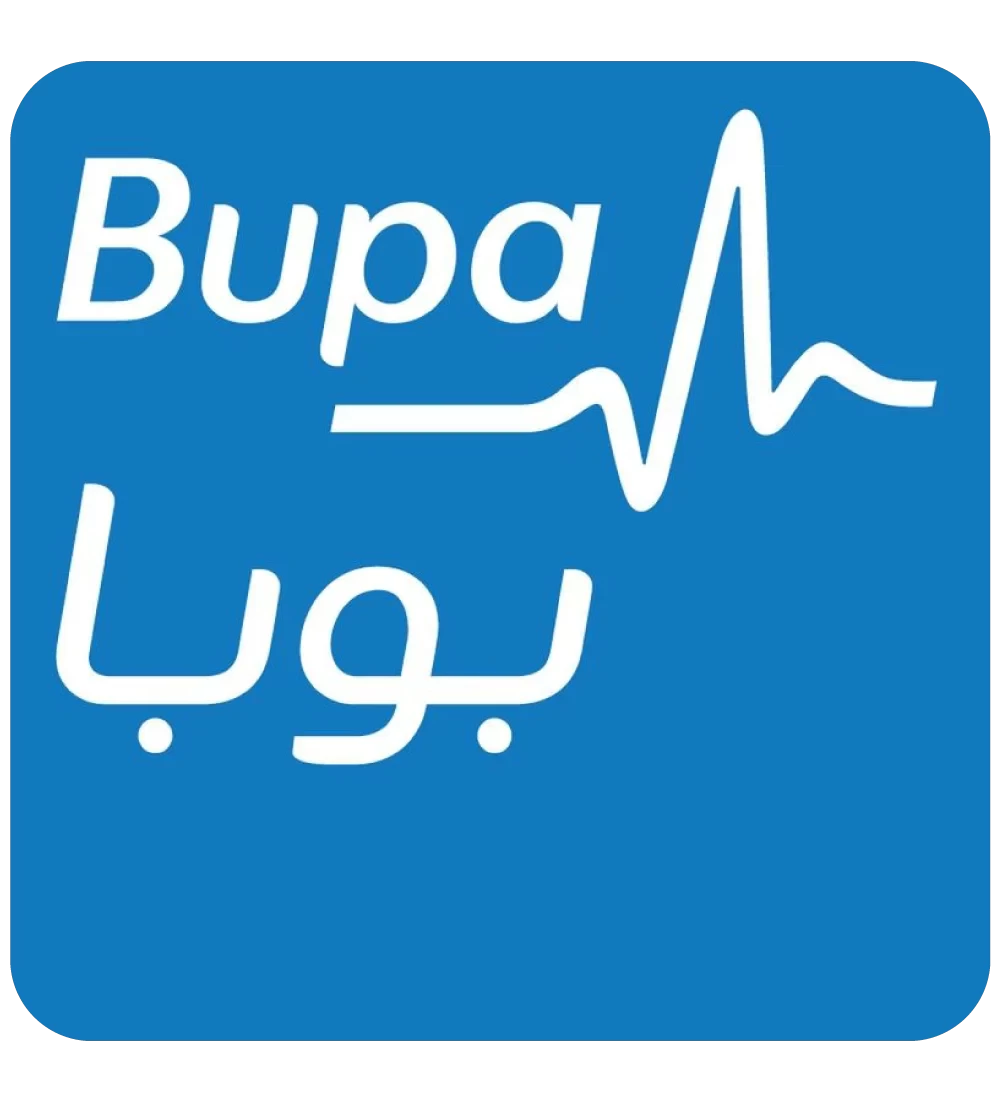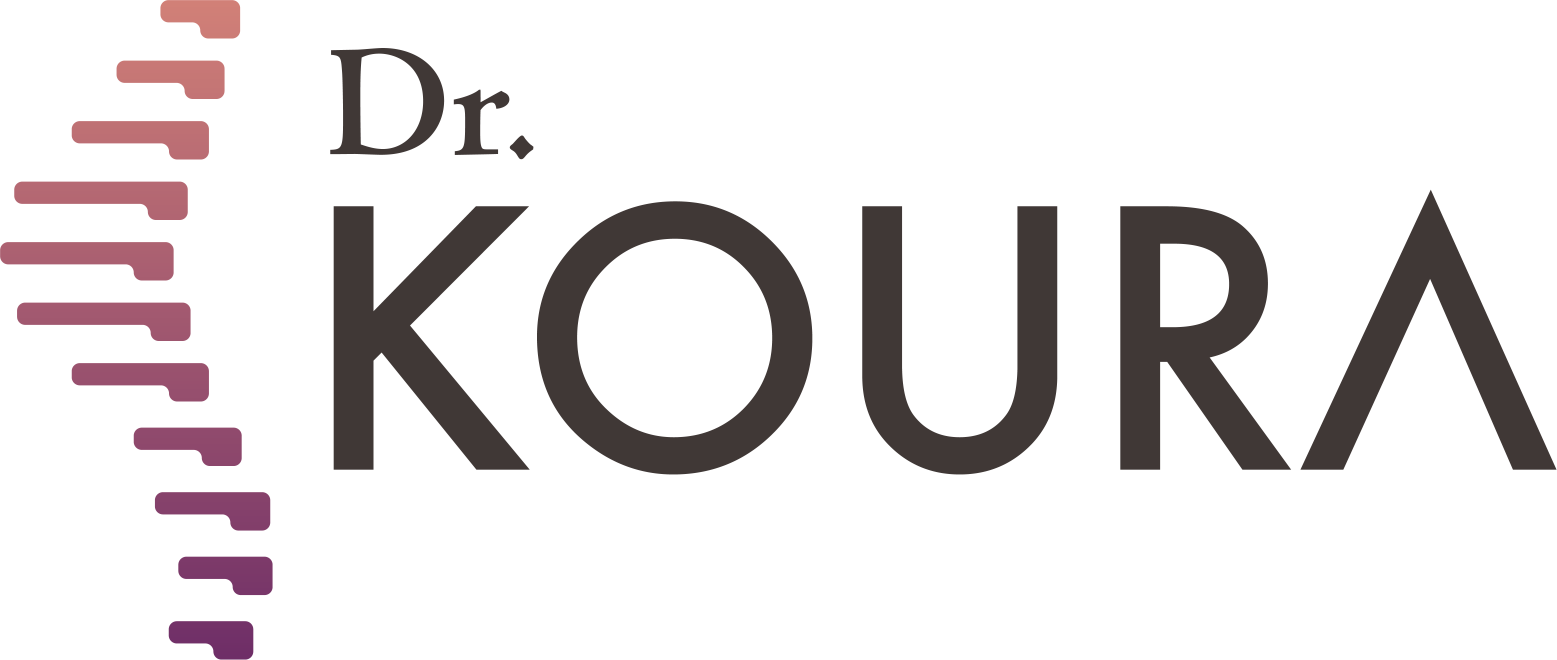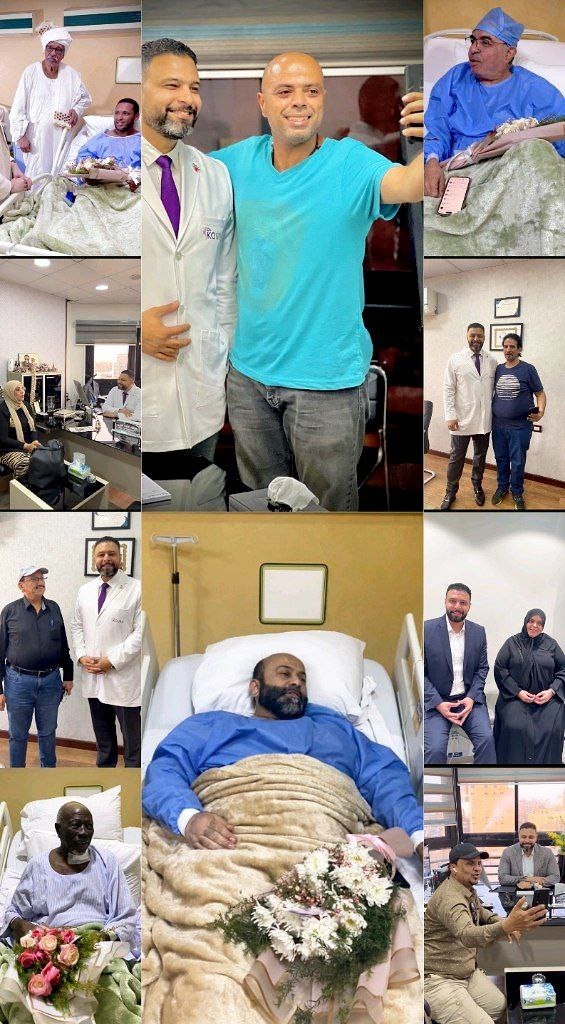
To see patients' reviews
Click hereback headache


Posterior Headache
A posterior headache is pain that occurs in the back of the head, sometimes extending to the neck or shoulders. This type of headache is not considered a disease in itself, but rather a symptom that may indicate a variety of problems, ranging from simple muscle strain to nerve inflammation. Dr. Mohamed koura is a leading figure in the field of interventional pain management. He is one of the first doctors in the Middle East to adopt modern techniques to treat spinal and joint pain without the need for surgical intervention. He also has extensive experience using advanced tools such as radiofrequency and laser, which contribute to relieving pain and improving patients' quality of life in a safe and effective manner.
What is a posterior headache and what are its causes?
A posterior headache is pain felt in the back of the head or the base of the skull, and may extend to the neck. It can be caused by muscle tension, problems with the cervical vertebrae, or high blood pressure. The headache is often throbbing or pressing, and worsens with movement or prolonged sitting.
Here are some types and causes of headaches:
1. Tension and Stress Headaches
Tension headaches are caused by tension in the neck and shoulder muscles resulting from stress or prolonged sitting in an incorrect position. They are one of the most common causes of headaches in the back of the head. Many of us spend long hours in front of a computer or phone, which leads to tension in the neck muscles and a headache in the back of the head.
2. Cervical Headaches
Neck headaches are caused by problems with the cervical vertebrae or herniated discs. The pain begins in the neck and radiates to the head. It is often accompanied by stiffness in the neck and difficulty moving it.
3. Hypertension Headaches
High blood pressure, especially if unchecked, can lead to a pulsating headache in the back of the head, especially early in the morning. In some cases, it may be accompanied by dizziness or blurred vision.
4. Occipital Neuralgia Headache
This inflammation occurs as a result of irritation or inflammation of the occipital nerves, which extend from the top of the spinal cord to the scalp. This type of pain is usually described as sharp, stabbing, or burning, and may be on one or both sides.
5. Migraine Headache
Although migraines often affect one side of the head, some attacks may begin in the back of the head, especially if accompanied by sensitivity.
6. Headaches caused by poor sleeping habits
Sleeping on an inappropriate pillow or in an incorrect position can put pressure on the cervical vertebrae, which may cause a headache in the back of the head upon waking.
What are the symptoms associated with a headache in the back of the head?
A headache in the back of the head is accompanied by several symptoms that vary from person to person depending on the severity of the pain. The most prominent of these symptoms are:
Stiffness or tension in the neck muscles.
Dizziness or lightheadedness.
Sometimes blurred vision.
Sensitivity to light or sounds.
Sharp or throbbing pain in the back of the head.
Pain extending from the neck to the shoulders or upper back.
What are the most prominent treatments available for posterior headaches?
The various methods for treating headaches include:
1. Rest and lifestyle modifications
Changing daily habits may be sufficient to relieve headaches in many cases. You can try sitting in a healthy position and taking breaks during work.
2. Medication
One can use painkillers such as paracetamol or ibuprofen, but they should not be used in excess or for a long period of time. Some headaches caused by blood pressure can be treated by controlling the blood pressure itself.
3. Physical therapy
Physiotherapy sessions and stretching exercises may help reduce muscle tension, especially in cases of cervicogenic headaches.
4. Injections or Radiofrequency
In some chronic conditions, such as occipital neuralgia, your doctor may recommend local injections or interventional techniques such as radiofrequency ablation to effectively relieve pain.
How can you prevent posterior headaches?
Avoid stress and tension as much as possible.
Sit in a good posture while working or studying.
Reduce prolonged use of screens.
Choose a comfortable pillow that fits your sleeping position.
Exercise regularly, especially neck and back exercises.
Drink plenty of water to avoid dehydration.
While posterior headaches are often not worrisome, there are cases that require urgent medical advice, such as:
A sudden, severe headache.
If the headache is recurrent and worsens over time.
If changes in vision, speech, or balance occur.
If the headache is accompanied by fever or neck stiffness.
A headache isn't just a passing pain; it's a warning from your body that there's a problem or pressure that needs attention. If you're suffering from muscle tension, spinal problems, or even high blood pressure, early treatment of symptoms and seeing a doctor when necessary can make a huge difference in your daily life.
Dr. Mohamed koura is the best headache doctor and one of the most prominent specialists in neurosurgery in Egypt and the Arab world. With over 25 years of experience, Dr. koura has provided innovative solutions for chronic spinal and joint problems, using precise techniques such as radiofrequency ablation and laser. He is also renowned for his ability to accurately diagnose and develop customized treatment plans tailored to each individual case.
Dr. Mohamed koura is here to assist you using the latest therapeutic techniques, including thermal radiofrequency and laser treatments for spinal pain without surgery—book your appointment now from here.
Why Choose Dr. Mohamed Koura ?
Simply because he is the best doctor in his feild. He stays updated on the latest treatment technologies through his participation in various international conferences with leading foreign doctors and experts. Finally, and most importantly, Dr. Mohamed Koura is the best doctor in Egypt and the Arab world, possessing 12 non-surgical techniques for treating spinal and joint problems. He was the first to introduce modern interventional treatment techniques in Egypt & the Middle East and is the only one using the disc fx technique to treat spinal pain.
To see patients' reviews
Click hereCertainly not, some cases must be treated surgically, and the most appropriate technique for the patient is determined through a medical examination and the presence of imaging studies.
No, it is necessary to make a reservation through a phone call or social media messages.
There are no risks or side effects associated with non-surgical pain interventions.
The patient needs only 3 to 4 days before they can travel comfortably, and the hospital stay does not exceed 6 to 8 hours.
A condition cannot be accurately assessed and a proper medical diagnosis made without a medical examination and recent imaging studies.
Yes, there are several payment methods available through Visa or electronic wallets by making a reservation on our website.
Certainly, obesity is one of the causes of knee osteoarthritis.
Radiofrequency activates the nerve and does not cause any damage to it.
Non-surgical interventions are a definitive treatment for some cases and pain relievers for other cases, which is determined by the doctor through a medical examination.
If the herniated disc is fully treated, there is a possibility of it reoccurring in some cases, such as not following the doctor's prescribed instructions after the intervention, experiencing an accident, or making a sudden wrong movement like lifting heavy objects.
The entire disc is not removed due to the presence of several risks and it may exacerbate the condition. Only the protruding part that causes pain is removed.
This cannot be done with radiofrequency, but it is performed through other techniques that Dr. Koura conducts.
The success or failure of non-surgical interventions cannot be judged through radiographic imaging because these procedures involve making subtle changes to critical parts to address the issue. Consequently, they do not produce significant changes to avoid potential complications in the future or damage to the spine and joints, which is our primary goal.
Spinal stenosis does not typically cause sciatica. In most cases, disc herniation is what may lead to sciatica. This does not necessarily mean that a patient with sciatica will also have spinal stenosis.
Sciatica may return if the patient does not adhere to the medical instructions provided by the doctor or in the event of an unexpected accident.
Lower back pain can result from several causes, including a herniated disc, nerve compression, muscle strain, or chronic spinal injuries. Lifestyle factors such as prolonged sitting, muscle weakness, and excess weight can also exacerbate the problem.
A life without pain without surgery
Once you book with Dr. Koura
Get rid of pain with just one call.. Book your appointment now with pain Management consultant Dr. Koura.
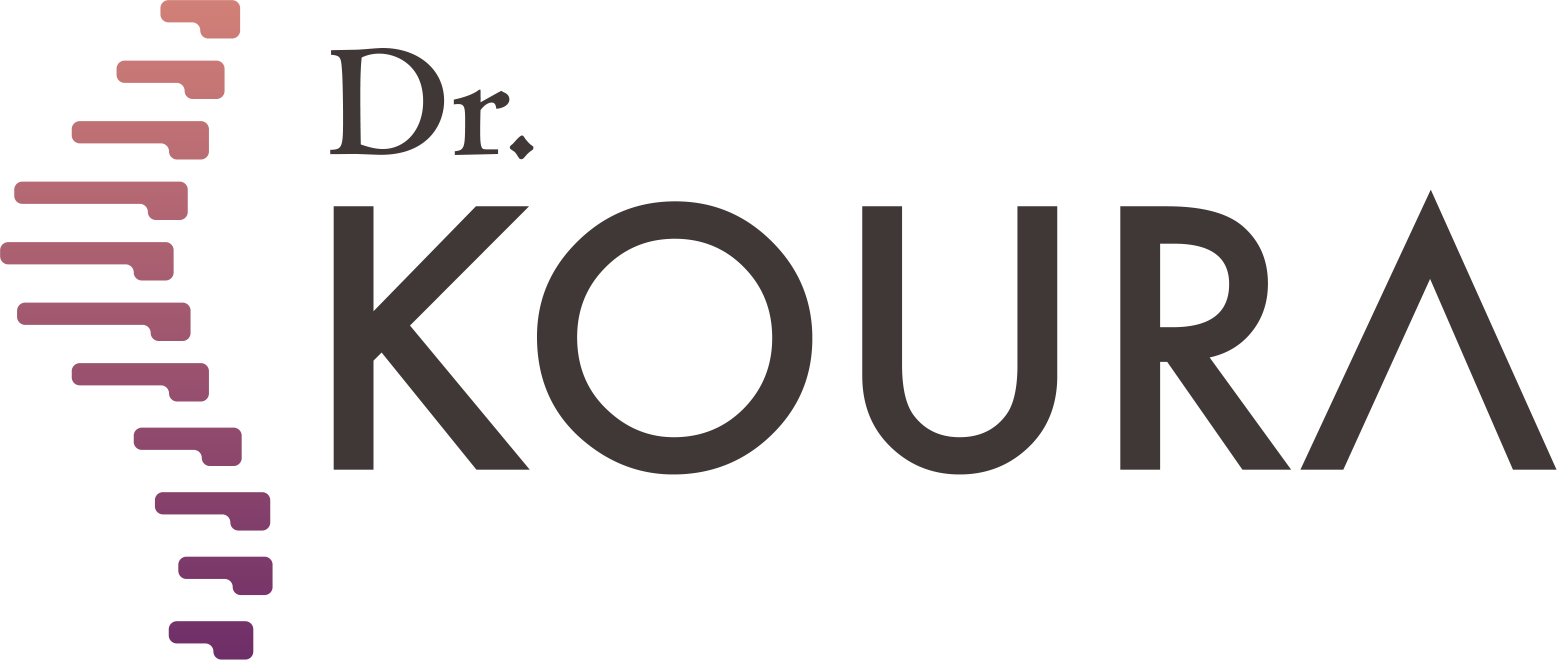





-webp.webp)




-webp.webp)







